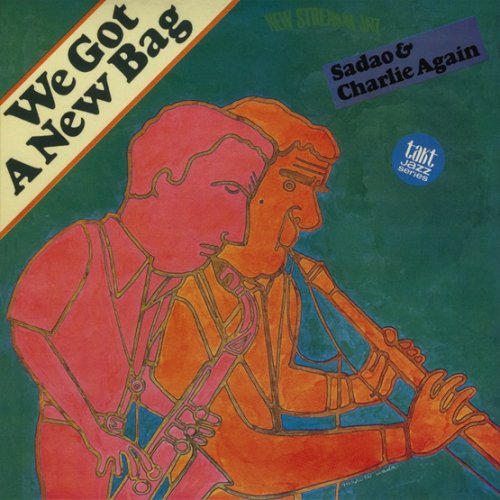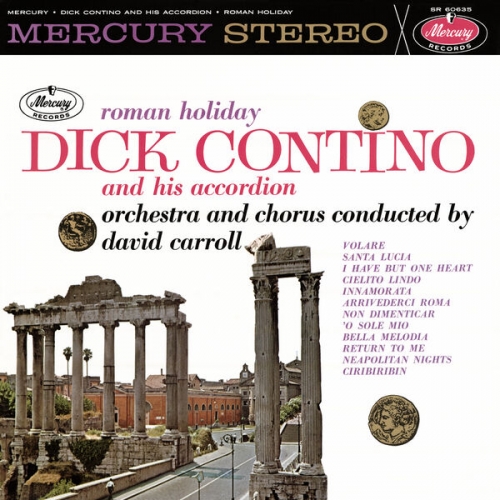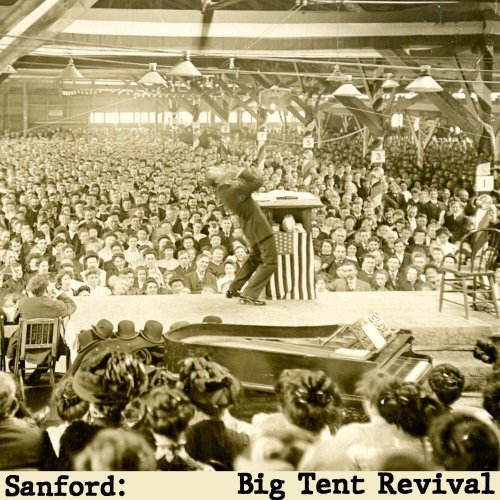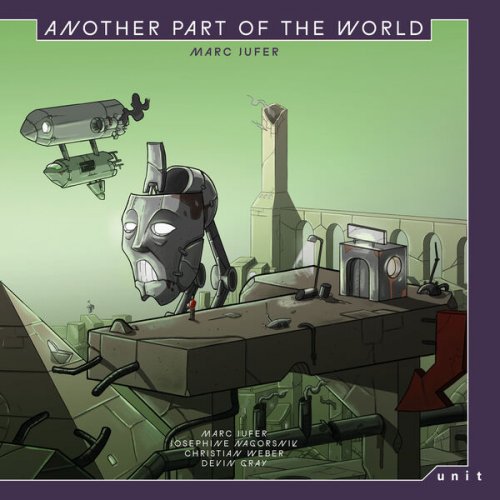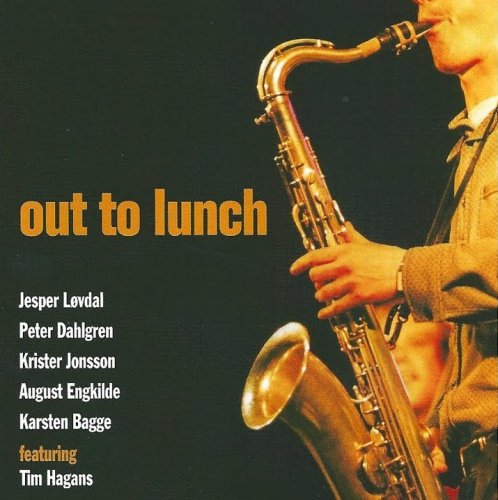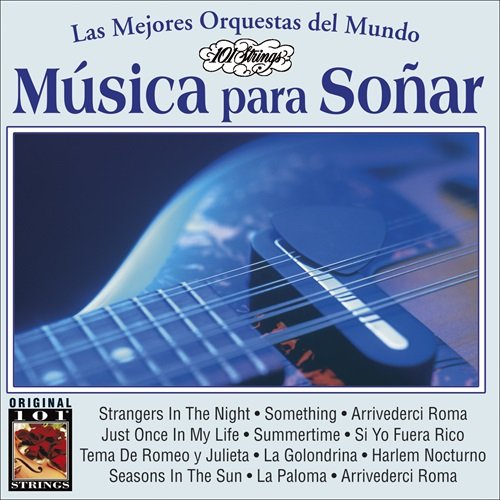Gunnar Brandt-Sigurdsson, Johan Bossers - Stefan Wolpe: Lieder & Battle Piece (2013)
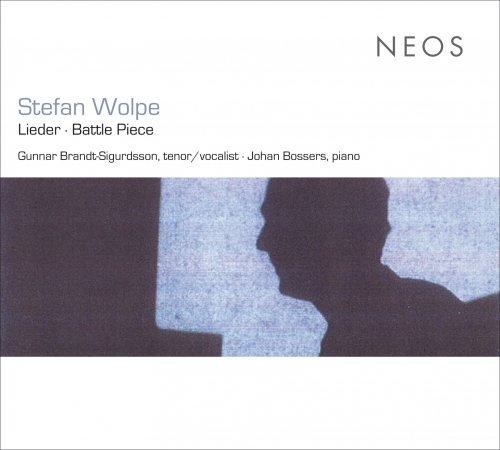
Artist: Gunnar Brandt-Sigurdsson, Johan Bossers
Title: Stefan Wolpe: Lieder & Battle Piece
Year Of Release: 2013
Label: Neos
Genre: Classical
Quality: FLAC (tracks)
Total Time: 01:06:55
Total Size: 278 Mb
WebSite: Album Preview
Tracklist: Title: Stefan Wolpe: Lieder & Battle Piece
Year Of Release: 2013
Label: Neos
Genre: Classical
Quality: FLAC (tracks)
Total Time: 01:06:55
Total Size: 278 Mb
WebSite: Album Preview
Anna Blume (Stefan Wolpe)
01. Anna Blume - 00:05:06
8 Lieder, Op. 12 (Stefan Wolpe)
02. No. 1. Das Lied vom Abbau - 00:03:08
12. No. 6. Wir sind entlassen - 00:03:00
16. No. 4. Die Herren der Welt - 00:03:10
4 Lieder, Op. 7 (text by V. Lenin) (Stefan Wolpe)
03. No. 1. Eine unterdruckte Klasse - 00:01:00
Massenlieder, Op. 17 (Stefan Wolpe)
04. No. 1. Arbeit und Kapital - 00:01:01
08. No. 7. Haben Sie Kummer - 00:02:22
4 Lieder, Op. 7 (text by W. Majakowski) (Stefan Wolpe)
05. No. 2. Decret No. 2.: An die Armee der Kunstler - 00:04:39
3 Lieder nach Gedichten (Stefan Wolpe)
06. No. 2. Brief eines Dienstmadchens mit Namen Amalie - 00:03:46
10. No. 1. Fantasie von Ubermorgen - 00:01:27
11. No. 3. Ansprache einer Bardame - 00:02:30
4 Lieder, Op. 7 (text by Anonymous) (Stefan Wolpe)
07. No. 3. Was ist Aufruh - 00:02:05
4 Lieder, Op. 7 (text by H. Eckelt) (Stefan Wolpe)
09. No. 4. Auch die kleinste Tat - 00:01:01
3 Lieder (Stefan Wolpe)
13. No. 1. Ballade von den Osseger Witwen - 00:01:57
14. No. 2. Der Gottseibeiuns - 00:02:04
15. No. 3. Keiner oder alle - 00:02:36
2 Lieder (Stefan Wolpe)
17. No. 1. Lebensmudigkeit - 00:01:27
Battle Piece, 'Encouragement for Piano' (Stefan Wolpe)
18. I. Quasi presto - 00:03:14
19. II. Molto sostenuto - 00:04:27
20. III. Con moto mo non troppo - 00:01:58
21. IV. Vivo - 00:04:59
22. V. Moderato - 00:01:42
23. VI. Con brio - 00:03:04
24. VII. Allegro mo non troppo - 00:05:12
Performers:
Gunnar Brandt-Sigurdsson (tenor)
Johan Bossers (piano)
Although we associate the culture of the Weimar Republic with political action and political art -- largely the result of the importance of artists such as Bertolt Brecht and John Heartfield in the context of this era -- there were many artists in the Weimar arena who remained, in essence, apolitical. Filmmaker Walther Ruttmann, who created the first audio collage in his sound film Wochenende (1930) without an image, was regarded as a German avant-gardist of the first tier before 1933. However, when the time came for Ruttmann to declare his political allegiance, he opted to go with the National Socialists. Not so with composer Stefan Wolpe, who held off taking sides for as long as he could. Indeed, a choice between joining the communists and the extreme right-wingers gathered under Adolf Hitler wouldn't have seemed like one made in a society that had much of a future. Yet in 1929, Wolpe joined the communists and decided to write agitprop songs, music for mass rallies, cabarets, and so forth. Wolpe soon learned that the cost of doing the right thing was dear; although he survive through a circuitous and painful process of emigration, many of the poets and performers he worked with in 1929 would perish within a decade or so of his career decision. Neos' Stefan Wolpe: Lieder; Battle Piece documents some of the work Wolpe produced in song in the years 1929-1932 to which it appends some songs dating from World War II and a magnum opus for solo piano, Battle Piece (1943-1947).
Tenor Gunnar Brandt-Sigurdsson performs the 17 songs included in this collection, and it is a relief that he is a classically educated singer who knows when to put on the formal tone and when to leave it off. Whereas certain Weimar Republic-era composers such as Kurt Weill and Hanns Eisler sought certain integrity of expression and style, Wolpe was all over the map. Wolpe is just as happy diving into fragmentary, free atonality in a setting of Kurt Schwitters' arch-Dadaistic poem An Anna Blume (1929), but just as easily moves through a twisted transformation of the German pop cabaret idiom with his setting of Erich Weinert's Das Lied von Abbau (1931). This program even includes Wolpe's setting of a didactic text by Vladimir Il'yich Lenin, Eine unterdrückte Klasse (The Suppressed Classes, 1929), and Decret No. 2: An die Armee der Künstler (Order No. 2: To the Army of the Arts, 1929), a setting of a poem by Russian futurist Vladimir Mayakovsky already iconic to the European left. Wolpe's setting of Mayakovsky is in a twelve-tone idiom that fits the revolutionary text and its spirit like a glove, though the poet probably never had a chance to hear it; he committed suicide in 1930 just as Josef Stalin took control of the revolution itself.
While the song program is generous, the nearly 30-minutes long Battle Piece is a heck of a dessert. Johan Bossers turns in a very good performance of this difficult work, though listeners interested in Wolpe will certainly not want to hear it to the exclusion of other recordings, particularly those by David Holzman and/or Marc André-Hamelin. What one would like to hear is more songs, and while all of the texts are provided in German, non-German speakers will find the lack of translations a handicap. All of Brecht's texts are easily available in English elsewhere, and Schwitters made his own English translation of Anna Blume (could anyone else have done that?). Several of the other texts will be more difficult to track down in other languages; nevertheless, Neos' Stefan Wolpe: Lieder; Battle Piece provides a fascinating insight into some of Wolpe's most consequential songwriting and Brandt-Sigurdsson's readings of them are nothing short of sensational.
Tenor Gunnar Brandt-Sigurdsson performs the 17 songs included in this collection, and it is a relief that he is a classically educated singer who knows when to put on the formal tone and when to leave it off. Whereas certain Weimar Republic-era composers such as Kurt Weill and Hanns Eisler sought certain integrity of expression and style, Wolpe was all over the map. Wolpe is just as happy diving into fragmentary, free atonality in a setting of Kurt Schwitters' arch-Dadaistic poem An Anna Blume (1929), but just as easily moves through a twisted transformation of the German pop cabaret idiom with his setting of Erich Weinert's Das Lied von Abbau (1931). This program even includes Wolpe's setting of a didactic text by Vladimir Il'yich Lenin, Eine unterdrückte Klasse (The Suppressed Classes, 1929), and Decret No. 2: An die Armee der Künstler (Order No. 2: To the Army of the Arts, 1929), a setting of a poem by Russian futurist Vladimir Mayakovsky already iconic to the European left. Wolpe's setting of Mayakovsky is in a twelve-tone idiom that fits the revolutionary text and its spirit like a glove, though the poet probably never had a chance to hear it; he committed suicide in 1930 just as Josef Stalin took control of the revolution itself.
While the song program is generous, the nearly 30-minutes long Battle Piece is a heck of a dessert. Johan Bossers turns in a very good performance of this difficult work, though listeners interested in Wolpe will certainly not want to hear it to the exclusion of other recordings, particularly those by David Holzman and/or Marc André-Hamelin. What one would like to hear is more songs, and while all of the texts are provided in German, non-German speakers will find the lack of translations a handicap. All of Brecht's texts are easily available in English elsewhere, and Schwitters made his own English translation of Anna Blume (could anyone else have done that?). Several of the other texts will be more difficult to track down in other languages; nevertheless, Neos' Stefan Wolpe: Lieder; Battle Piece provides a fascinating insight into some of Wolpe's most consequential songwriting and Brandt-Sigurdsson's readings of them are nothing short of sensational.
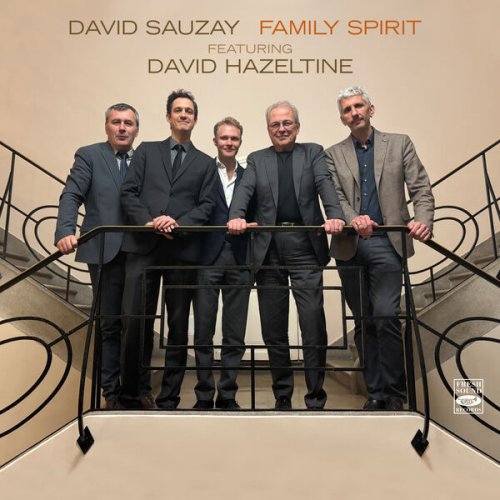
![Jan Harbeck Quartet - Arena (2026) [Hi-Res] Jan Harbeck Quartet - Arena (2026) [Hi-Res]](https://img.israbox.com/img/2026-02/21/ta1geqbunymda1vazij2b7te7.jpg)
